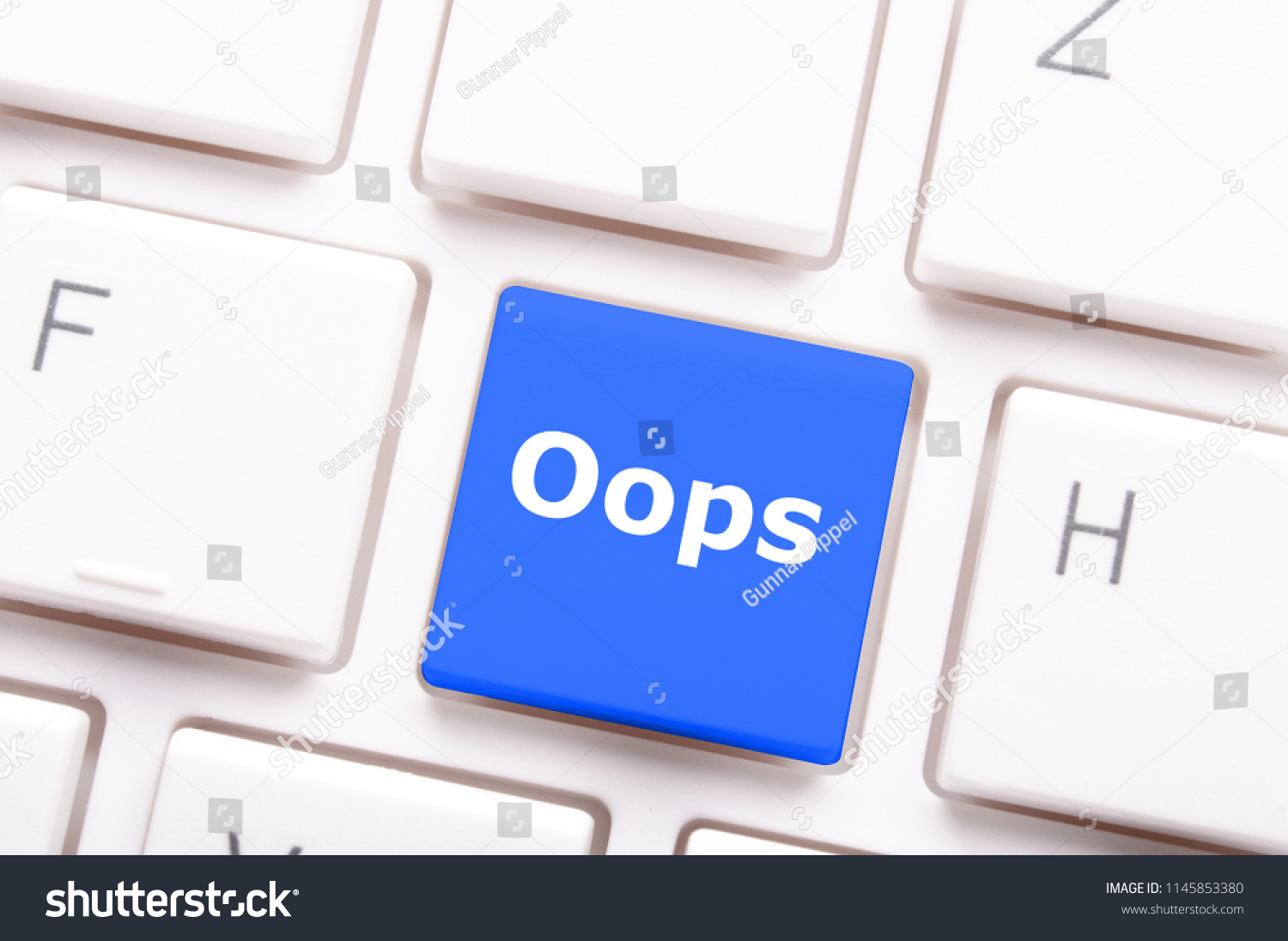By Gunnar Pippel on Shutterstock
This is the era of the digital. Every now and then, diverse kinds of businesses spring up, promising the next big thing. These businesses usually start out having bright prospects as well as looking to offer stellar services and solutions. Businesswise, these start-ups seem to have everything in place. Marketing, finance, accounting, operations, distribution, organization, etc, all sorted out. Yet, an important aspect of their business strategy is often ignored, that is, intellectual property.
In today’s digital economy, intellectual property (IP) is a very important aspect that can no longer be overlooked. Intangibles now command a large share of the overall worth of businesses as a result of the evolution from the industrialized economy to the knowledge-driven economy. In the knowledge-driven economy, the greatest assets of businesses are their technological innovations, creations, brand, and goodwill, all of which can be protected as intellectual property.
Start-ups, particularly at the seed stage, fail to realize that they possess intangible or intellectual assets worth protecting, as their focus at this time is getting seed funding for their business and getting it running. If precautions are not taken, they may realize too late that some of their most important assets have been misappropriated or have become subjects of serious contention.
Here are some of the common mistakes Start-ups make with regards to their IP.
Not Protecting Their IP Early Enough
Start-ups sometimes make the mistake of not seeking IP protection for their intangible assets early enough. These could be due to several reasons including:
- Considering IP protection too expensive, especially at the earliest stages of the business. It is more expensive, trying to fix the consequences of failing to take necessary precautions from the onset, than trying to seek IP protection at the appropriate time. Your IP may fall into the public domain if you are unable to prove that yours is first in time. This is because registration with the appropriate agencies is the surest way to prove priority.
- Hastening to enter into the market with their goods or services. Some start-ups make the mistake of releasing their goods or services into the market before securing protection for their IP. This likely stems from the misconception that protection could be secured at any time. However, as with some classes of IP, there is a window of opportunity for securing protection, failure to do so could likely result in the IP falling into the public domain.
- Ignorance of the fact that every start-up has at least one class of IP. These could include clients' lists, customer databases, manuals, designs, colours, logos, software, etc.
- Considering IP protection unnecessary. This happens mostly when Start-up owners are unaware of the benefits of early IP protection for their IP assets.
Failure To Clearly Determine Ownership of IP
You’re probably familiar with this scenario. A start-up owner commissions a web developer to design an online presence for the firm, for instance, a website. The web developer gets paid and does the work. The start-up owner is very satisfied. He assumes that since he has paid for the design of the website, then he is the owner. This, however, is not true. The web developer, in fact, is the owner of the website and the IP contained therein unless and until he/she transfers ownership of the website to the start-up owner.
The web developer could bring an infringement lawsuit against the start-up company should the contents of the website be modified or used without the permission of the web developer. To avoid this, at the point of commissioning the web developer as an independent contractor, a work-for-hire agreement should be executed transferring ownership to the start-up.
Another instance where Start-ups fail to clearly determine ownership of IP is assuming that creations or innovations of employees belong to the firm. The only time this holds true is where the work is done in the course of employment and within the scope of employment. Thus, if employee A is employed as an editor of children's storybooks, if employee A writes a poem after office hours, the employer cannot lay claim to the copyright in the work.
To clearly determine ownership of IP as a Start-up, terms of engagement with regards to IP should be clearly spelt out in the employee-employer agreement.
Failing to Realize the Importance of Expert IP Guidance
Small businesses, especially at the beginning phase of the business, make the mistake of adopting a "do-it-yourself" approach in managing their IP. This is borne out of the misconception that IP issues are not so complex and can be handled without the guidance of an expert in the field of IP.
Au contraire, there may be knotty issues that can be spotted by an IP expert, but easily missed by a non-IP practitioner.
Inadequate IP Safeguards
One common IP mistake start-ups make is not putting in place adequate IP safeguards to ensure their IP is immune from infringement. Inadequate or improper documentation, poorly drafted employee confidentiality agreements or the absence of any, and not executing non-disclosure agreements (NDAs) with third parties are some of the ways businesses fail to adequately safeguard their IP.
Failure To Conduct IP Due Diligence
Conducting IP due diligence allows a start-up to take stock of its IP portfolio and answer the following questions: what are its IP assets? What are the types of IP it has? Who are the creators/inventors? Who owns the IP? Are there issues with the IP and/or what are the actions to take to rectify the issues?
By answering the above questions, the start-up is able to determine the existence of prior art in the case of patents, the status of its IP, whether they are registered or not, and so on. Also, taking stock of a firm's IP allows it to determine the assets to keep using; those assets to license out or assign, hence reducing the costs of managing their IP portfolio.
When a start-up fails to take stock of its IP portfolio, they are exposed to infringement by third parties. Also, the company may be susceptible to infringement lawsuits from others in the event that the company's IP infringes on that of others.
Not Integrating IP Management Into The Overall Business Strategy
IP is an irresistible driving force in any organization that seeks to be taken seriously and that seeks to enhance its value and gain competitive advantage. However, most start-ups fail to realize the immense benefits of IP to their business hence IP is relegated to the background. It is sometimes regarded as something that can be sorted out along the way. The result is that other core aspects of the business (marketing, finance, accounting, operations, distribution, etc) are adequately and promptly catered to, leaving IP to chance.
The fact remains that due to the pivotal role IP plays in a business, it ought to be integrated into the overall business strategy of the start-up from the very beginning. The benefits are enormous.
Neglecting to Consider Digital IP Dimensions
Failure to consider securing the digital presence of a start-up could affect its interaction with potential customers and clients online. Due to the wide reach of the internet, more and more businesses now realize the importance of having a digital presence. This has also been capitalized on by unscrupulous people who may wish to benefit from the brand name or goodwill of an existing business. One example of this is cybersquatting. Cybersquatters secure domain names that bear the names or identity of existing businesses who have neglected to promptly secure their domain names. These cybersquatters then seek to sell the domain names at a very high price to these businesses. Although cybersquatting is frowned upon by the law, the process of seeking redress can be quite harrowing, time and resource consuming.
Engaging in a Pitch Competition Without Adequate IP Safeguards
In a previous article, I have succinctly addressed the risks in engaging in a pitch competition without adequate IP safeguards.
Feel free to check up on us in our Telegram
Group or our Telegram
Channel if you have questions. We look forward to engaging you.
You're also welcome to interact directly with the FINT Team. Join our Telegram Group: https://t.me/FINTConsulting or our
Telegram Channel: https://t.me/FINTChannel. See you there.
DISCLAIMER: This article is written for educational purposes only and should not be construed as legal advice. Consult a lawyer for tailored legal advice.


